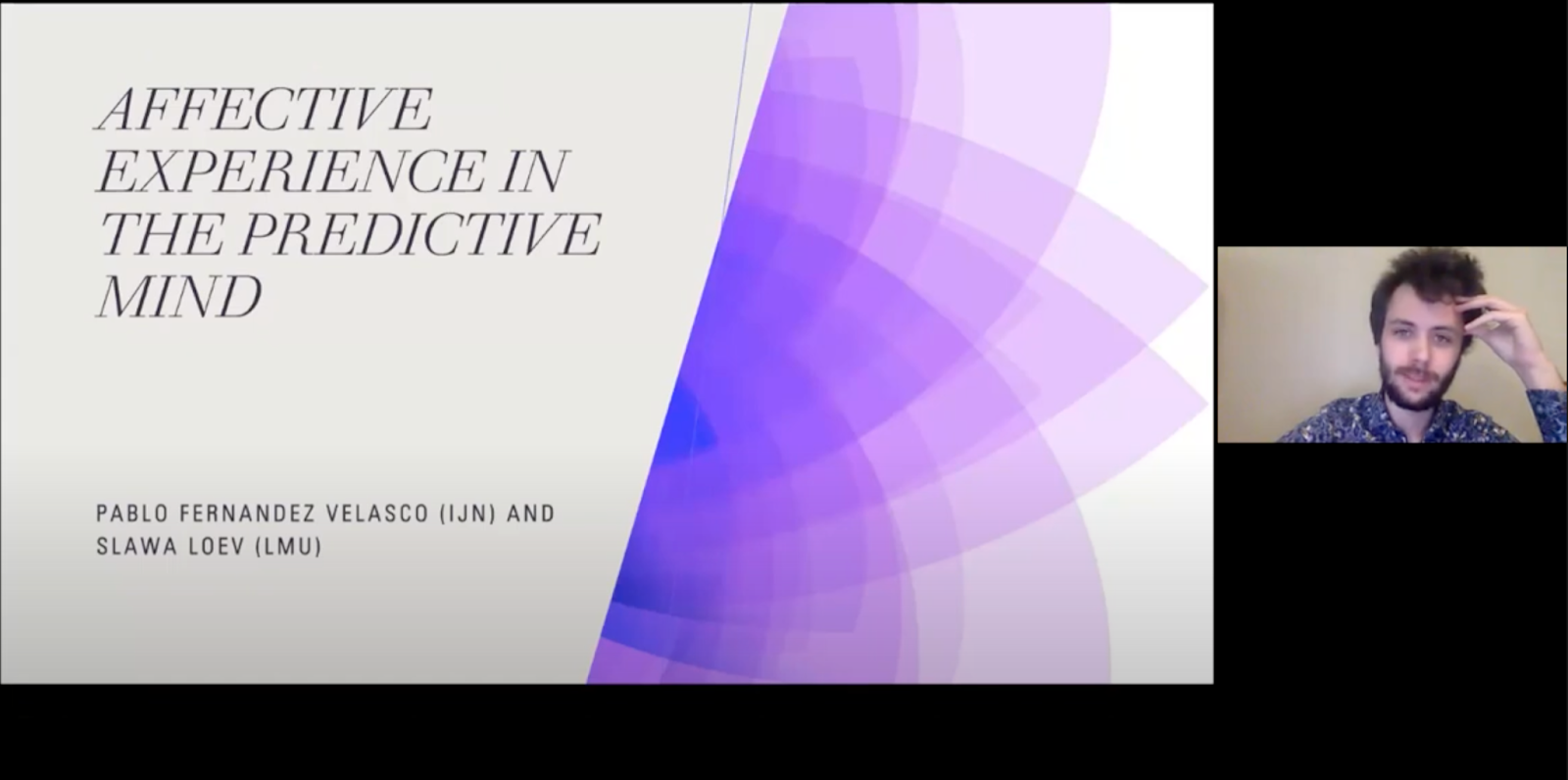In this post Mark Miller (Center for Human Nature, Artificial Intelligence and Neuroscience, Hokkaido University) reports on a workshop Emotion and Prediction, which was held online on March 31- April 1, 2021.
A recent workshop Emotion and Prediction brought together philosophers, cognitive scientists and machine learning researchers to explore the implications of a leading new framework emerging within computational neuroscience for the study of feelings, emotions and moods. The Predictive Processing (or Active Inference) framework starts from the vision of the brain as a prediction machine - a machine whose modus operandi is the minimization of discrepancies between what it predicts about the world and the world itself.
Day one began with philosopher of cognition Dr. Regina Fabry’s (Ruhr University) talk "What is the Relationship between Emotions and Moods? Predictive Processing and the Affective Mind". Regina developed a new computational approach to understanding the dynamic relationship between emotions and moods, all revolving around the dynamics underlying prediction error minimization.

Doctoral candidate Pablo Fernández (Institut Jean Nicod) gave the final talk of the day, entitled "Affective Experience in the Predictive Mind". Pablo reviewed a number of existing accounts of affective experience within Predictive Processing, and suggested a possible means of integrating these views.

Next, behavioural scientist Dr. Abby Tabor (University of the West of England) presented a talk "Pain and Suffering: An Active Inference Perspective". Abby developed a predictive processing account of the experience of pain, where the concept of suffering was understood in relation to constrained action. Anticipating a loss of bodily integrity, the individual in pain is afforded a narrowed repertoire of action. On the one hand, Abby argued, this constraint presents an opportunity to reduce the likelihood of more harm, on the other, it risks compromising the ability to attune to the environment in healthy ways.
A recent workshop Emotion and Prediction brought together philosophers, cognitive scientists and machine learning researchers to explore the implications of a leading new framework emerging within computational neuroscience for the study of feelings, emotions and moods. The Predictive Processing (or Active Inference) framework starts from the vision of the brain as a prediction machine - a machine whose modus operandi is the minimization of discrepancies between what it predicts about the world and the world itself.
This framework offers a powerful new architecture in which distinct functions can be explained at their different time-scales by the same computational principles, and where distinct theories can find a common language. As such it has quickly become an attractive way of carrying out theoretical and experimental research in the cognitive sciences. This workshop brought together six researchers working in this field, to present their original research on the possibilities this framework offers to the study of emotion.
| Regina Fabry |
 |
| Abby Tabor |
Videos of the talks can be found here.